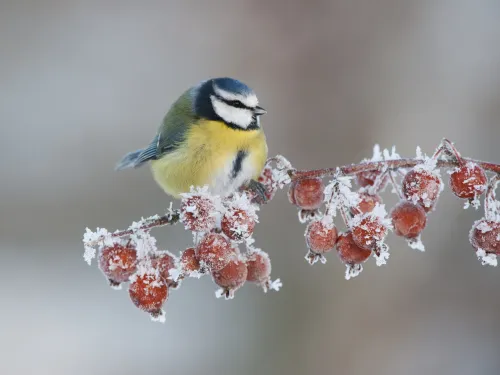
Gardening for Winter Wildlife Workshop
Create a year-round home for wildlife in your garden, with our themed workshops. This time, we'll be looking at the importance of winter.
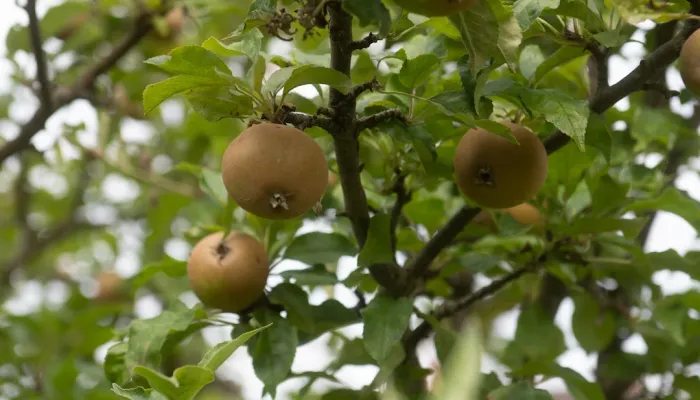
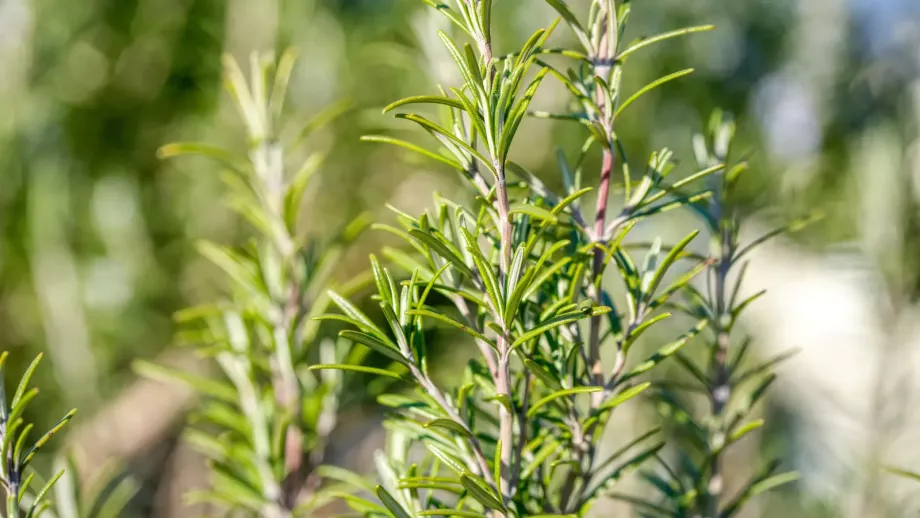
When we think of growing vegetables, there is usually fun of sowing seeds in spring, then the frantic rush to pot them all on, protect them from predators and frost, and then (if all goes to plan) they provide food over summer and into autumn. The cycle starts again the following year! The problem is that this is very resource-heavy, requiring lots of inputs like water and fertiliser. It also means crops are more vulnerable to threats like frost and aphids – they don’t get the chance to mature, to establish strong roots and to become more resilient. This also means more work for the gardener, raising and protecting the plants every year. Simply put, perennial vegetables are a more sustainable and creative way to garden!
Much like a cross between broccoli and cauliflower, this plant produces a huge harvest and can go on doing so for five years if the shoots are picked before setting seed. The plant can be grown from seed or cuttings. It will need to be protected when young, but once established is much more resilient to problems like pigeons and cabbage caterpillars. Although perennial vegetables seem novel, there’s actually records of this crop being grown over 100 years ago!
A member of the sunflower (Helianthus) family, Jerusalem artichokes produce edible tubers as well as beautiful flowers. The tubers grow best in a sunny spot or pot and will spread easily – simply harvest those you want to eat and leave the rest in the ground.
Part of the Allium family, Welsh Onions produce small onion-like bulbs as well as large chive-like foliage which can be ‘cut and come again’, and pretty white flowers. Welsh Onions can be grown from seed in spring and harvested for many years. They are hardy and will form larger clumps as they mature.
Happy in most conditions and easy to grow from seed, this perennial variety of Sorrel can be used in salads or cooked into soups, curries or stews. It has long been used as a medicinal and cooking ‘cut and come again’ crop. Young plants can be susceptible to slugs and need protecting, but once established require little maintenance. Even better, garden sorrel grows well in light shade as well as sun.
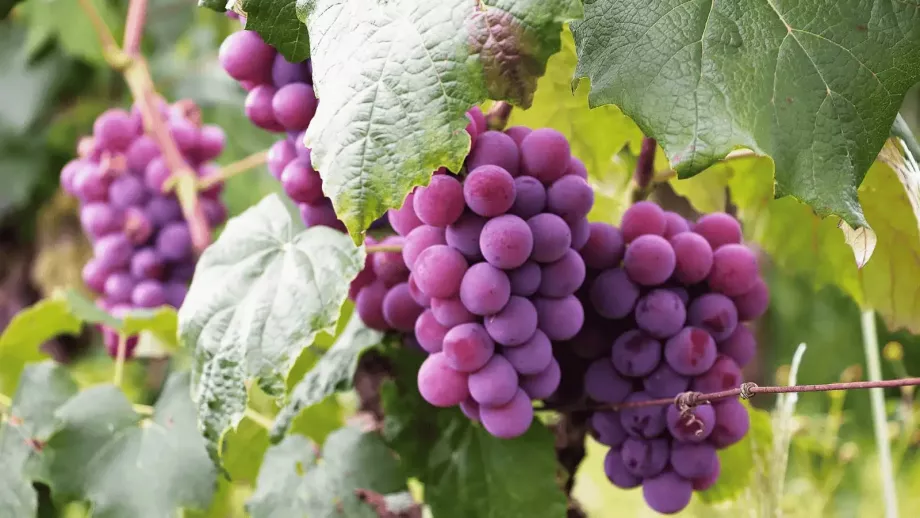
If you have a sunny spot and a wall or trellis, grapes are a surprisingly easy crop to grow. Be sure to thin them once they start to form fruit to ensure large grapes can develop. However, don’t overlook the leaves! When young, they can be added to salads, and once mature, larger leaves can be used to make stuffed vine leaves or cooked into dishes.

Create a year-round home for wildlife in your garden, with our themed workshops. This time, we'll be looking at the importance of winter.

In this action resource page, find out how to 'wild' your garden, from creating a dead hedge to managing invasive plants.
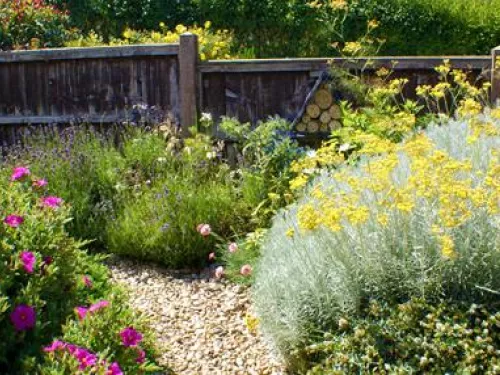
Wild About Gardens Officer Ellen Tout shares how we can all turn our gardens into wildlife havens with these top tips.